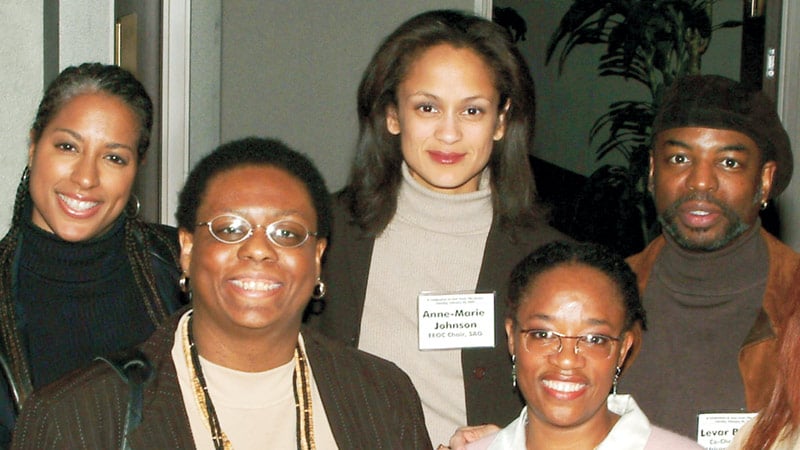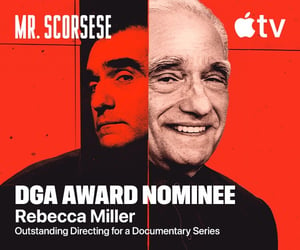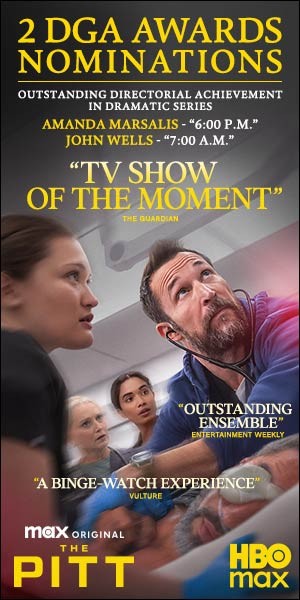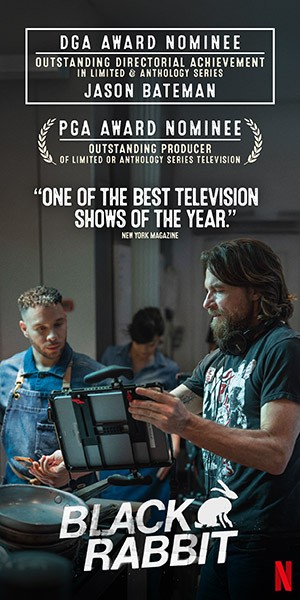On February 24, 2004, the DGA's African-American Steering Committee, WGA's Committee of Black Writers and SAG's Employment Opportunities Committee presented "A Celebration of Soul Food – The Series." The program featured a panel consisting of DGA AASC Co-chair LeVar Burton, WGAw's CBW co-chairs Jaqueline Davis and Bonita Alford, Soul Food executive producer Kathleen McGhee-Anderson, SAG EEO Committee Chair, Anne Marie Johnson, cast members Vanessa Williams and Aaron Meeks, writer-director Salim Akil and Felecia Henderson who developed the series from director-writer George Tillman's acclaimed 1997 film.
"It's rare these days when writers and directors can agree on anything," said frequent Soul Food helmer LeVar Burton. "Almost equally rare is when a series with the quality of Soul Food is run top to bottom by people of color."
Soul Food, which follows the ups and downs of three sisters in Chicago, is entering its fifth and final season on Showtime. It is the longest running African-American drama in history and is presently running in syndication on Black Entertainment Television.
Burton said that it was fitting that the three Guilds chose to pay homage to the Showtime series as its first co-sponsored event. Soul Food is both a watershed drama and the career launch for many African American directors due to Felecia Henderson, executive producer of the show's first four years.
Akil, writer and co-producer of the award-winning independent feature film Drylongso, is a prime example of an individual given a chance by Henderson. After reading one of his screenplays, Henderson looked past his lack of television experience and hired him as a staff writer for the series in 1999. Quickly, Akil worked his way up to directing, joining the DGA in 2001, and writing several episodes and began serving as the show's executive producer in 2003.
Henderson said she gave filmmakers like Akil opportunities on Soul Food because she understood the importance of her role as executive producer for an African American television show.
Early on, she received many submissions from music video directors who had no experience with narrative storytelling. Instead of rejecting them, she often advised them to re-submit themselves once they completed a short film.
One such ambitious director even traveled to Toronto to watch the taping of Soul Food on her own dime. And when the opportunity arrived for Henderson to hire a director, she chose the young filmmaker over more seasoned television directors, because she was the most familiar with the show.
"Around every third of fourth episode, I gave someone new a shot. What people didn't realize was that when I did that, I was down at the show the entire time," said Henderson. "I let all of my emerging directors know, 'You will come out of this with a finished product. Failure is not an option.'"
Although failure is not an option for Henderson, she knew that the odds of Soul Food succeeding were not in her favor.
First of all, the show was a victim of runaway production to Canada. Unable to find well-trained cast and crew in Toronto, Henderson was forced to spend much of the show's limited budget flying in people from the U.S.
And if budget concerns weren't enough, Henderson also had an enormous creative challenge on her plate – producing a successful African-American drama.
"I looked at the history of Black dramas. Why did they fail?" she said. "I felt many of the Black shows like City of Angels and others failed because they tried to address every issue facing the Black community. I made it very clear with my writers from the very beginning that we couldn't be everything to all Black people. These are very specific characters."
Henderson was quick to point out that the show was not a one-woman show. Much like that evening's three-guild sponsored celebration, Soul Food was and continues to be a success because of the strong collaboration between the show's directors, writers and actors, she said.
"We've done Soul Food and what that means now is that we don't want to hear anymore that nobody wants to see Black people on television," she said. "We have raised the bar and we won't settle for less."
Written by Monice Mitchell Simms












